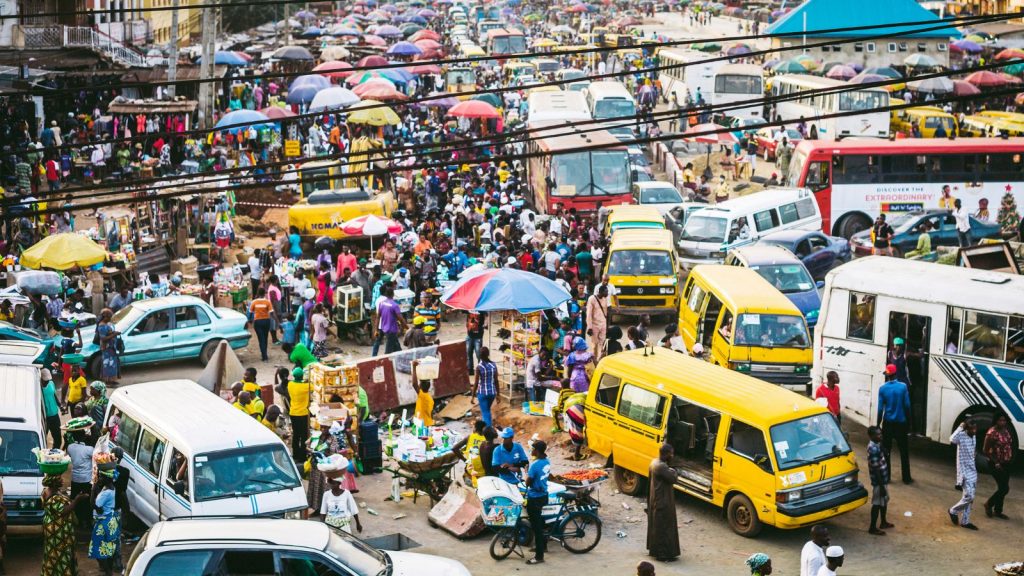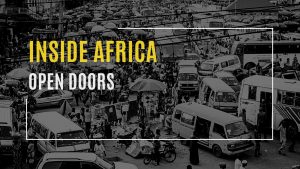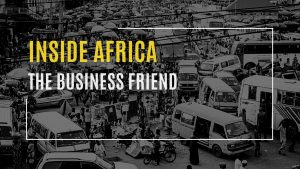
Entering a local African market where informal economy influences the pricing system can be terrifying for some and fun for others. It terrified me at first, but only because I was used to seeing a price label on a product. To survive in a local market I learned that the sellers are looking at us and thinking – what can they pay.
It is true that the seller observes closely the person entering the market: from the international visitor holding a wallet thick with the cash of the local currency, to the student youth with a small scrunched up amount to spend in their hand, to the mother or father with a good job coming with their pay cheque for weekly shopping, to an elderly person looking for the daily bargain. The seller, most likely having no formal education, knows extensively the customer type and their buying ability and shopping patterns.
We blindly enter the market seeing stall after stall selling the same produce and wondering which one to go and buy from. Seller’s voices shout out at us in the hope that they will attract us to buy from them as we are, trying not to appear overwhelmed, looking around for product quality and a friendly face. Ahhhh, the friendly face. A smile, a greeting, and a helpful approach from the seller and we are buying as much as we can from them. Of course, when their price is fair we will show our loyalty and the next time we need to go to that market we will return to their stall.
How do we know the price is fair? In the informal economy there is a different price for family, for friends and neighbours, for the wealthy, and the international visitor. Expect that for the international visitor we will be given a price at least 3 times more than the market norm. Our reaction is to compare the price to what we would pay back at our home country and agree when it is considered relatively cheaper. Relative is the key word – in informal economies we cannot consider the price in relation or in proportion to the price back home. If we do, then let us be honest and acknowledge that it is our sympathy or rational affecting our agreeing to the price. When we feel or think like this we are falling prey to their pricing system and reinforcing that it works.
Being prepared before going shopping in the informal economy system is very necessary. My best advice for knowing the price of a product is: know it before you buy it. So far my best reliable source of information has been the receptionists at the hotels where I have stayed at. They have eagerly informed me of the market norm price, and on occasion have even gone shopping for me because they knew that I would be charged the usual 3 times more price for being an international visitor. Tip of the month: be kind and friendly to the employees at the hotel reception.
In Tanzania I learned the best way to do shopping was to give a recommended local Bodaboda (motorbike taxi) driver my shopping list (with expected prices) and cash. He always came back with all the items and money over. Because of his honesty and reliability with money this Bodaboda driver became a good friend and was hired as the purchaser for a local private school.
In my next blog I will write about how the expectation of being someone’s ‘friend’ in business can have unexpected consequences and the need for deep pockets.
Sheila Speed, Business Development Specialist, of Speed InterLink for World Trade Center Leeuwarden.

Previous blog

BLOG | Inside Africa | Open doors
In the last blog I hopefully opened your eyes to how knowing the Shame and Honour worldview culture of Africa is crucial for business success, and especially that shame
Next blog

BLOG | Inside Africa | The Business Friend
The first time I was called friend in Africa I was pleasantly surprised and flattered that someone who did not really know me could start the contact already at